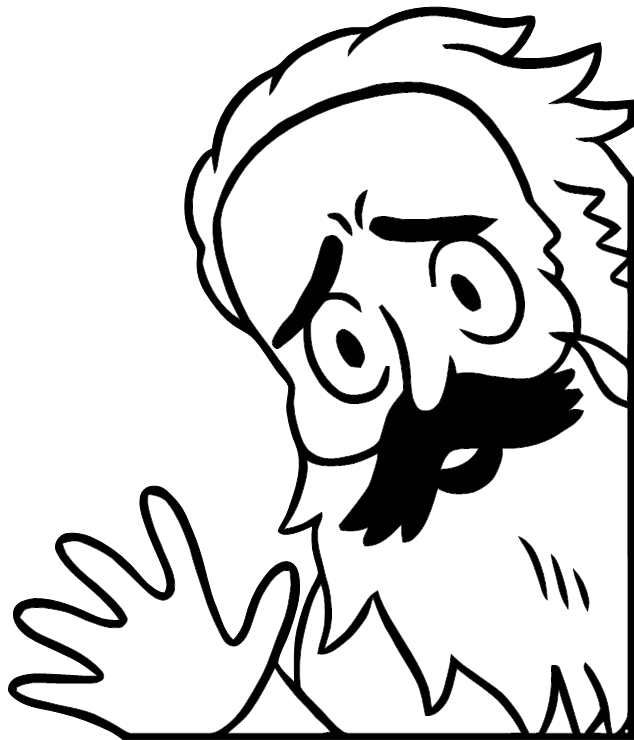Finally finished the third volume of Capital. Not going to lie, it was a challenge and quite a journey, but well worth it. Rip to the many, many highlighters that gave their lives for this endeavor.
 AMA!
AMA!
Finally finished the third volume of Capital. Not going to lie, it was a challenge and quite a journey, but well worth it. Rip to the many, many highlighters that gave their lives for this endeavor.
 AMA!
AMA!
Really hard to say, but you could probably cut out like 20%. Except that 20% is mostly review and summary that’s really helpful to the reader. There’s certainly stuff I just skimmed, particularly the detailed critiques of other economists like Adam Smith. But it’s not like that that stuff is unimportant per se
Appreciate the answer, I didn’t really expect one! I had trouble with the first few chapters where I felt like I got the picture but he kept on about it. Others have said Marx takes the garden path quite a bit. Do you think it was worth reading or would you recommend the marx engles reader instead?
I’m most of the way through Vol 1, and it got a lot more engaging. The mass of repetition and minor variation to establish concepts mostly ended (and when it comes up it’s in much smaller chunks) and it got into some infuriating and fascinating historical analysis. Perhaps try skipping to those chapters to see if they work for you?
I think it was worth it. But generally I would recommend everyone read the first volume, which is the most complete and engaging. Volume 2 gets much more technical, and believe me, I appreciated him pausing to review and summarize when that happens. Honestly it’s a lot more accessible than the literary theory I was trained on in that regard